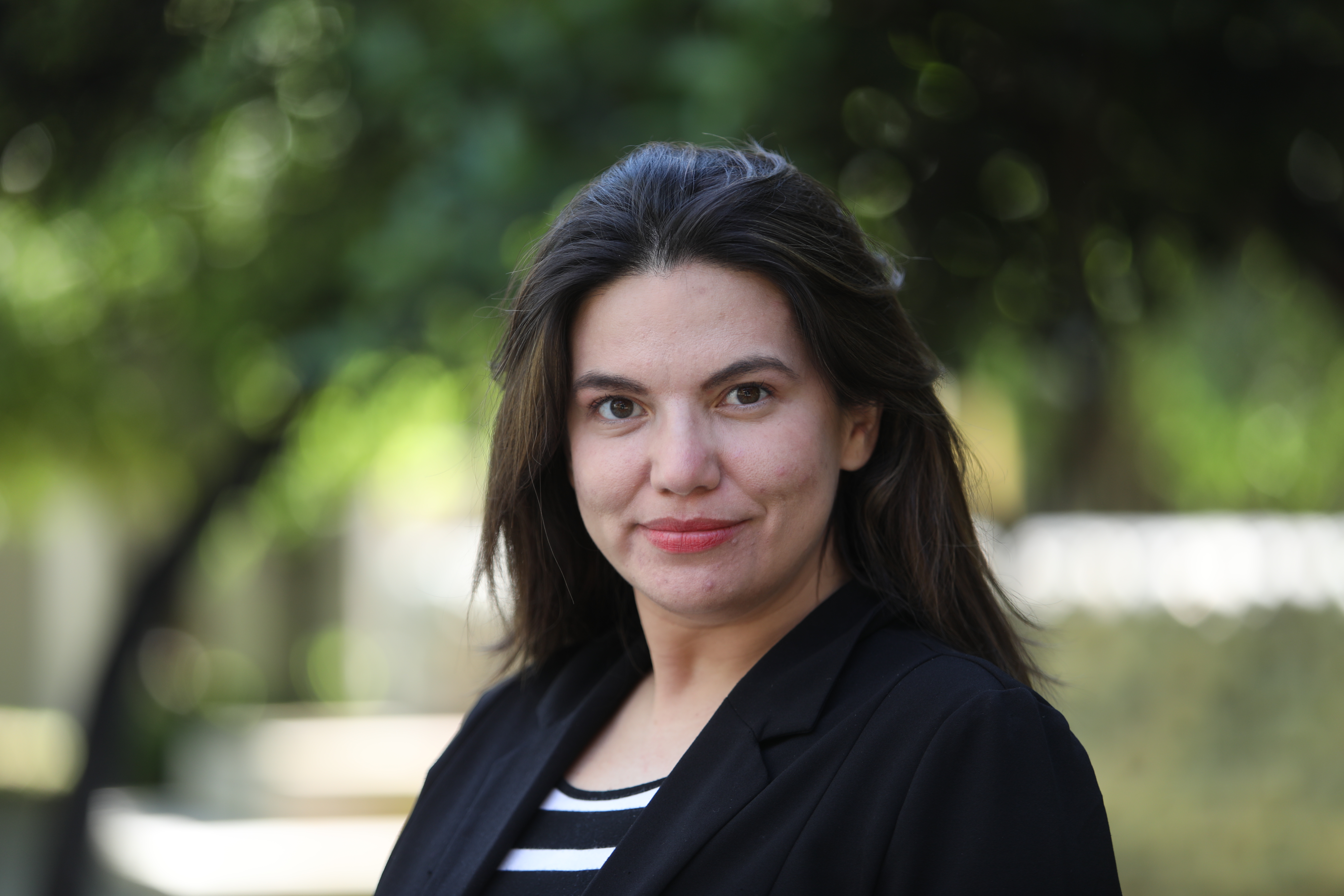Back
Field Education
Training Program to Field Practice Social Work Supervisors: Experience from a Neoliberal Context
Friday, November 11, 2022
7:45 AM – 8:45 AM
Location: Poster 11

Magdalena Calderón-Orellana, Dr.(c)
Professor
School of Social Work, Universidad Católica de Chile, United States
Author and Presenter(s)
Overview: This oral paper reports the development and implementation of a training model for social work field supervisors developed in a specific university from South America, which aimed to strengthen the supervisory skills of the professionals who work along with the students in their field practice processProposal text: Evidence indicates that field practice is the optimal setting to teach and learn Social Work. In this space, the most essential professional skills are developed. In fact, in the field practice the things they have learned could be tested, theory and practice are integrated, interventions are evaluated, and ethical dilemmas are deliberated.
Along with seminar work supervision, where students meet weekly with their professor, the field supervisors play a special role. In this way, innovative methods to solve problems are developed by the students and their supervisors. Indeed, supervision is an effective procedure of reflecting practice, providing, and receiving feedback. Supervision is defined as a space where the formative and interactive relationship between the supervisor and the supervised is achieved. At the same time, supervision is a reflection process focused on the student, their professional development and well-being, encouraging the improvement of their interventions, and learning promotion.
Thus, this oral paper reports the development and implementation of a training model for social work field supervisors created in a specific university from South America, which aimed to strengthen the supervisory skills of the professionals who work along with the students in their field practice process.
In order to present the experience, first is reported the mixed methods research that aimed to develop a specific supervisor profile from the students, professors and supervisors perspectives. Subsequently, the supervisor training program is presented. Then, the training results are presented considering its implementation during 2021-2022. Finally, the challenges and future lines of research in the area will be presented
Along with seminar work supervision, where students meet weekly with their professor, the field supervisors play a special role. In this way, innovative methods to solve problems are developed by the students and their supervisors. Indeed, supervision is an effective procedure of reflecting practice, providing, and receiving feedback. Supervision is defined as a space where the formative and interactive relationship between the supervisor and the supervised is achieved. At the same time, supervision is a reflection process focused on the student, their professional development and well-being, encouraging the improvement of their interventions, and learning promotion.
Thus, this oral paper reports the development and implementation of a training model for social work field supervisors created in a specific university from South America, which aimed to strengthen the supervisory skills of the professionals who work along with the students in their field practice process.
In order to present the experience, first is reported the mixed methods research that aimed to develop a specific supervisor profile from the students, professors and supervisors perspectives. Subsequently, the supervisor training program is presented. Then, the training results are presented considering its implementation during 2021-2022. Finally, the challenges and future lines of research in the area will be presented
Learning Objectives:
- Upon completion, the participant will be able to describe the main competencies of a social work field practice supervisor
- Upon completion, the participant will be able to know a training program for social work field practice supervisors
- Upon completion, the participant will be able to identify the challenges that face field practice supervisors
